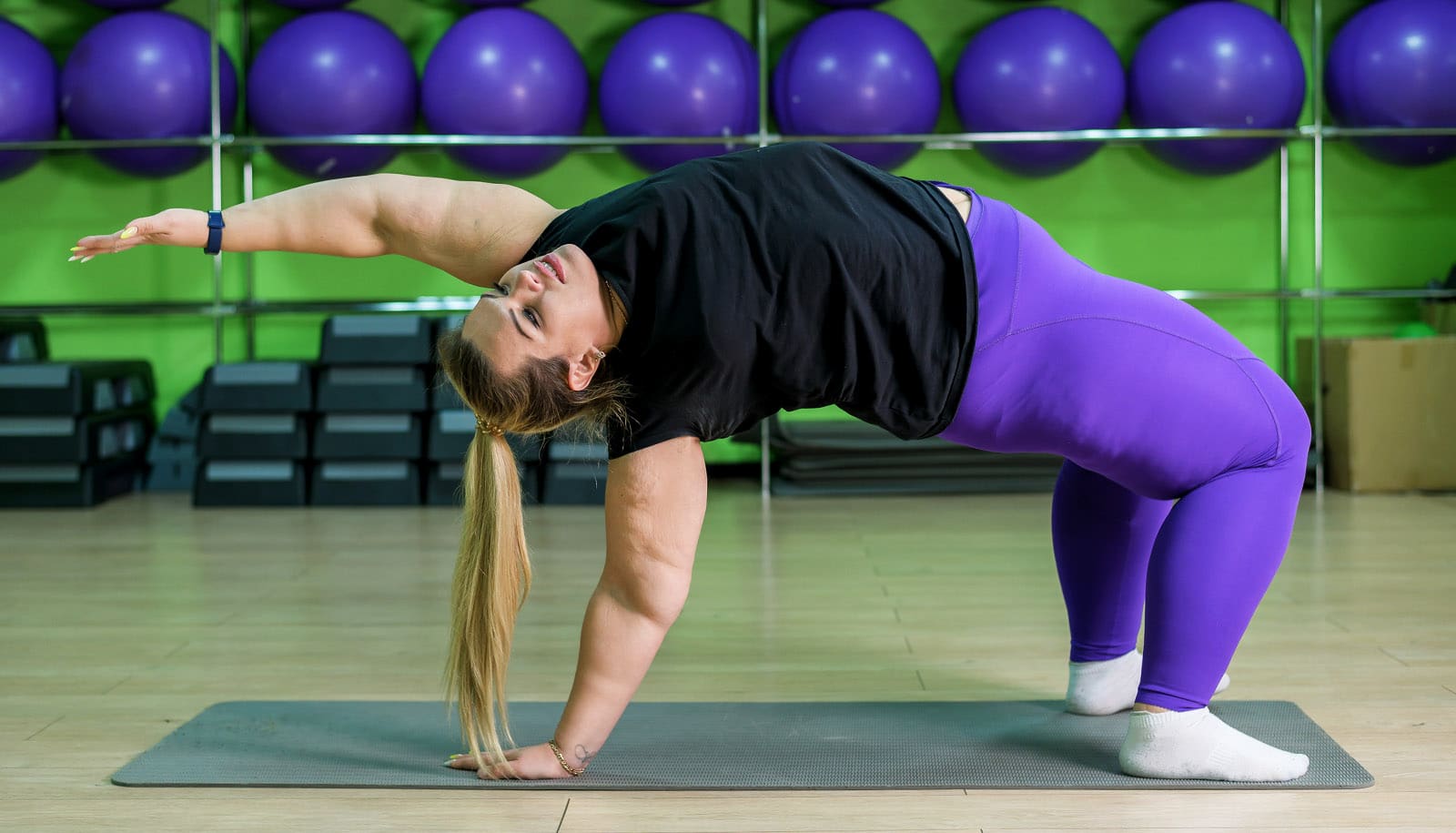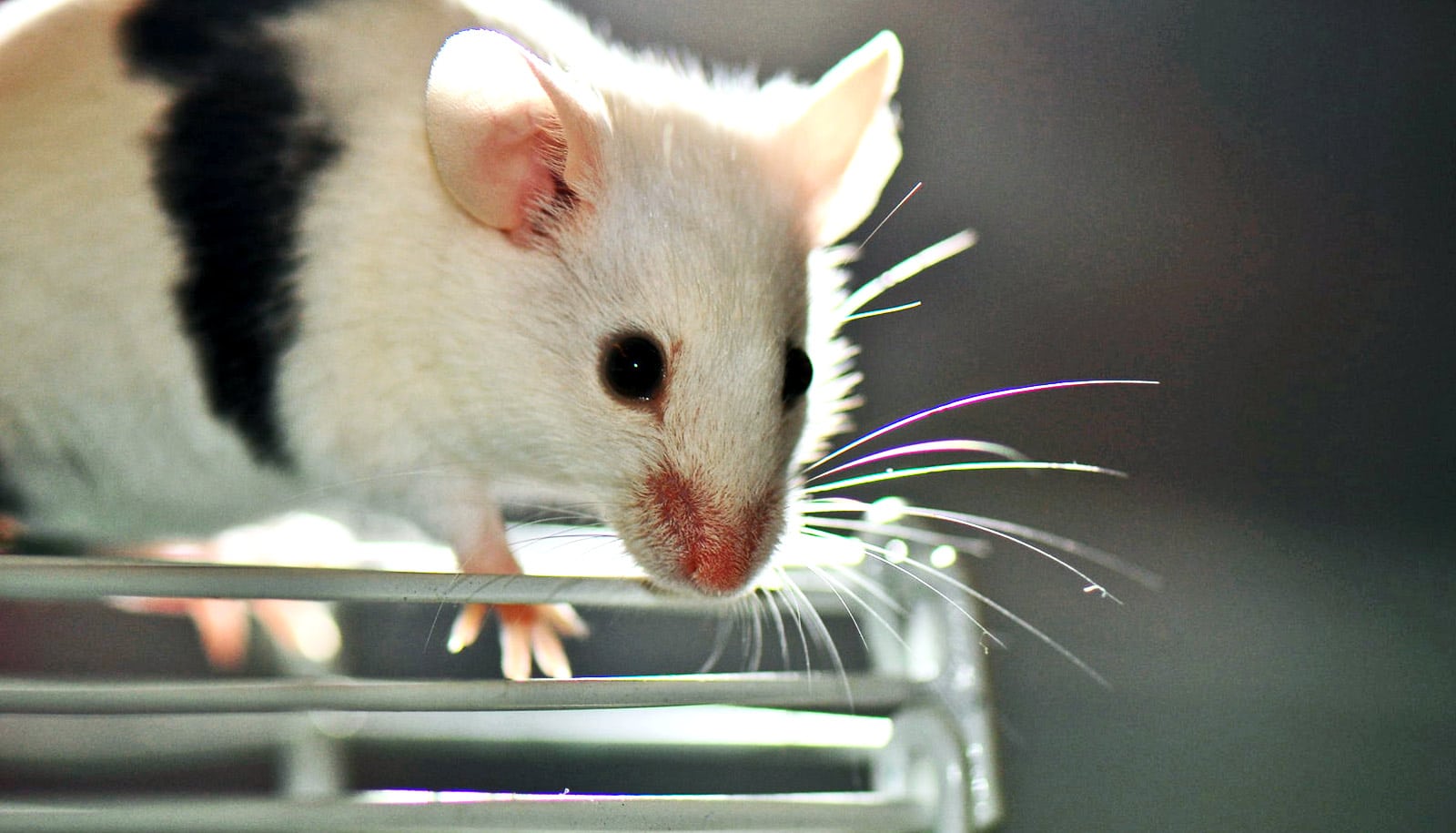Kick up your heels – ballroom dancing offers benefits to the aging brain and could help stave off dementia
Dancing requires physical, social and cognitive engagement and, as a result, it may bolster a wide network of brain regions.
Jan. 3, 2023 • ~5 min










